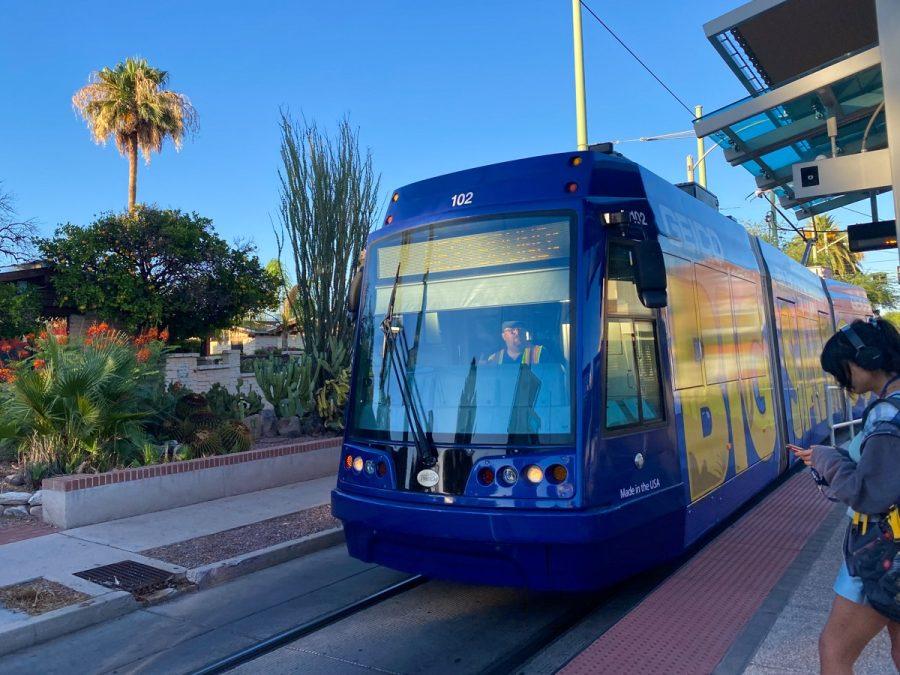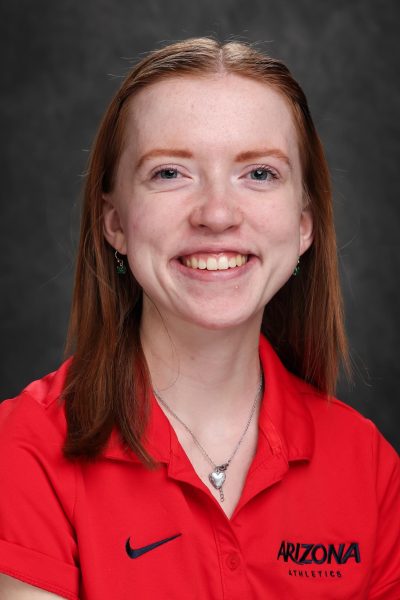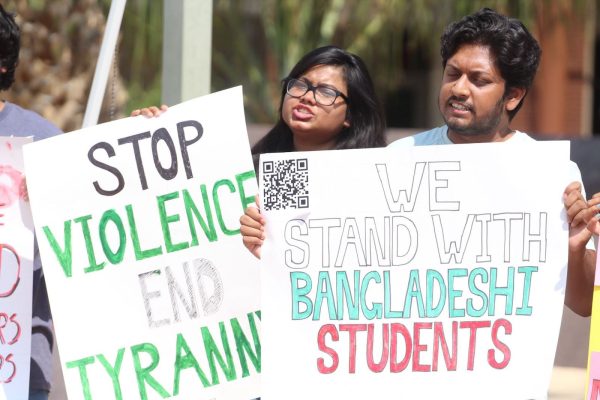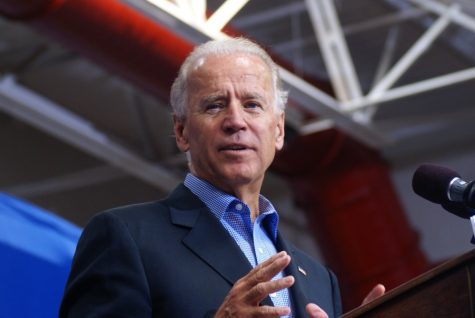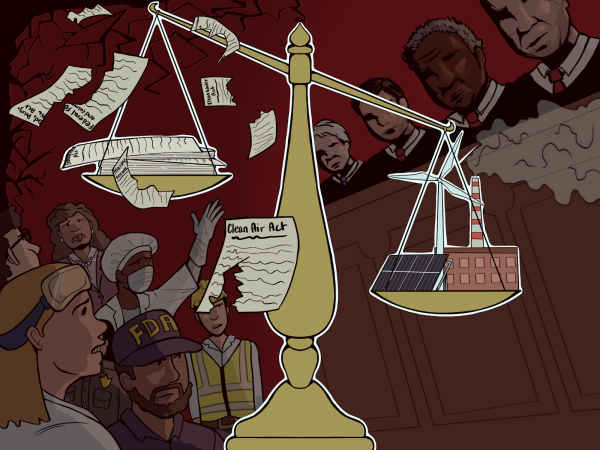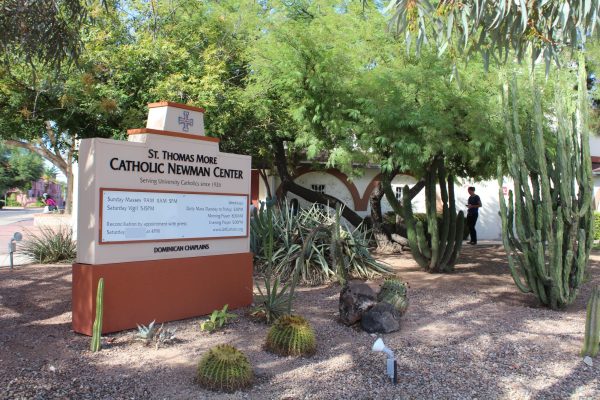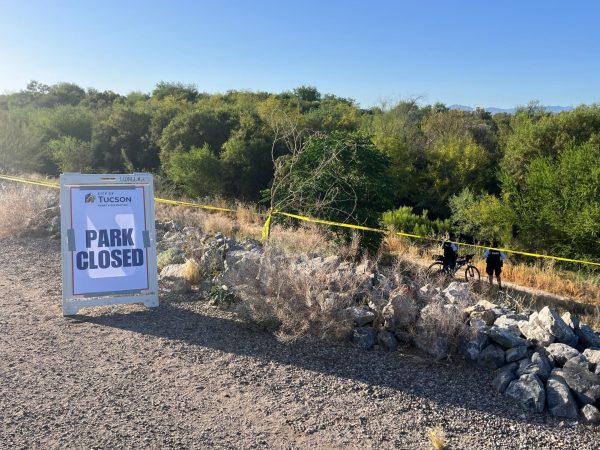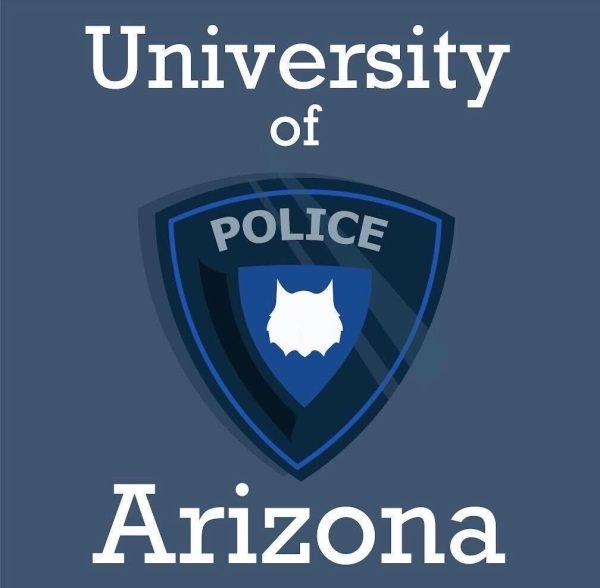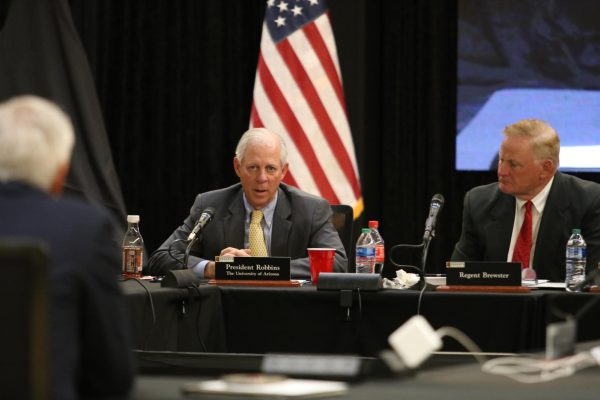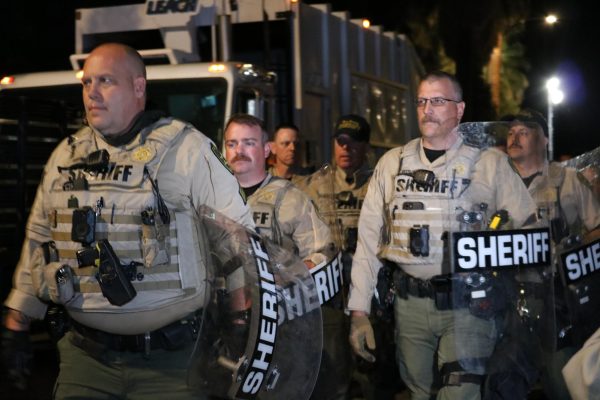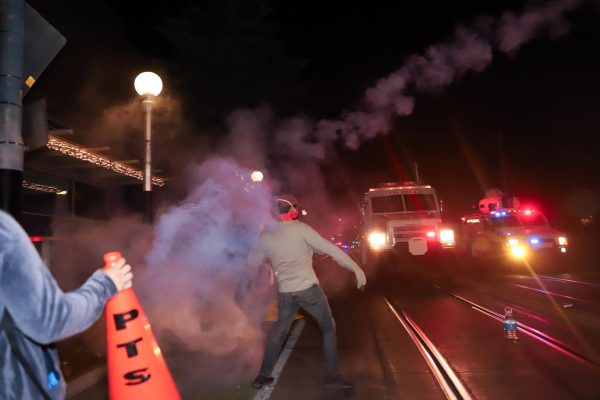Tucson public transit remains free indefinitely, city council decides
Sunlight shines through the streetcar window onto a SunLink operator at the stop on Cherry and Second Street on July 6.
May 16, 2023
The Tucson City Council decided in a unanimous vote Tuesday to keep public transit free in Tucson until further notice.
Transit will remain fare-free until there is an affirmative vote from the council to reinstate the fares, according to city Councilmember Steve Kozachik.
Public transit fares in Tucson were first eliminated in 2020 during the COVID-19 pandemic, and transit has remained free ever since, with the issue being revisited by the council about twice a year. In its most recent discussion of the policy, the council voted unanimously to keep the public transit system fare-free.
The council identified different funding sources for public transit that included bed taxes, the council’s own contributions and funding from local institutions and partners, according to Kozachik.
One of these sources is the University of Arizona, which, according to Kozachik, has currently contributed about $780,000 to Tucson public transit. However, Kozachik said that this money has come solely from student fees.
Kozachik and the council are calling on the university to become a more involved partner in this effort to permanently eliminate transit fares, especially considering “roughly 70% of the ridership on the [Sun Link Tucson Modern Streetcar] are students,” Kozachik said.
As reflected by this statistic, many students at the University of Arizona depend on the Tucson public transit system, specifically the Sun Link, to commute to classes, jobs, events and more. This student stake in the issue was reflected through the #WhyIRideCampaign, a movement started by the Associated Students of the University of Arizona that aimed to engage the Tucson community and city council in a conversation about making public transit fare-free.
Kozachik hopes that the university community’s stake in the issue of fare-free transit will compel the UA to get more involved in the funding of these services.
“Instead of playing chicken and waiting for somebody to make the first move, let’s take our $4.5 million, throw it on the table and say ‘there we are. We’re in,’” Kozachik said. “We’ve got skin in the game. You guys match it. We’re looking for the UA, we’re looking for [Pima Community College], we’re looking to [the Tucson Unified School District], we’re looking for some of the major players in the area like Raytheon, people whose employees and students […] are benefiting from it to help us out. But we’re committed to it and we showed that with our vote.”
The city council isn’t the only group asking for the UA to take action. Student leaders are also putting pressure on UA President Dr. Robert C. Robbins and other senior university officials to invest in this transit. Executive Vice President of ASUA Eddie Barron, who has worked with City Councilmember Lane Santa Cruz to continue the fight for fare-free transit, stressed that ASUA will be persistent in its conversations with university leadership about public transit.
“As the City Manager’s Office looks at funding options, I really do implore the university to invest in public transit, because with the recent increases in costs of tuition, food and other basic needs, students really do depend on services like this to be free, and this is something that the ASUA executive leadership team is pushing as we head into conversations with President Robbins and senior administration,” Barron said.
University involvement with and funding of initiatives like this one is not unprecedented. In North Carolina, for instance, Chapel Hill Transit has been fare-free since 2002, made possible through the partnership between the town of Chapel Hill, the town of Carrboro and the University of North Carolina. According to the Daily Tar Heel, UNC’s student newspaper, in order to fund this fare-free transit, in 2021 “the Town of Chapel Hill contributed $5.5 million, the Town of Carrboro contributed $1.9 million and UNC contributed $8.5 million.”
“We’ve used [North Carolina] as an example to Robbins several times,” Kozachik said. “This is not like we’re asking you to do something that nobody else in the country is doing.”
Kozachik also emphasized the environmental implications of the council’s decision. Making public transit free, he hopes, will encourage people who might ordinarily be “discretionary riders” to use transit more frequently, thereby cutting down on greenhouse gas emissions.
According to the City of Tucson’s “Climate Mitigation Report,” about 1/3 of the city’s greenhouse gas emissions come from transportation. According to the Pima Association of Governments, 86% of these transportation emissions come from private and commercial vehicles.
The only way these fares will be reinstated, Kozachik said, is if the council votes to reinstate them following a “Title VI” analysis. According to the Federal Transportation Administration, Title VI of the Civil Rights Act of 1964 “protects people from discrimination based on race, color, and national origin in programs and activities receiving federal financial assistance,” and FTA also “works to ensure nondiscriminatory transportation in support of our mission to enhance the social and economic quality of life for all Americans.”
“We’ll go route by route and look at the new fares that are being proposed whenever we get around to that, which could be never, and say, ‘What is the impact on low income people, [on] minorities? What is the impact on the various communities of these new fares?” Kozachik said. “And if there is a disparate impact that negatively affects low income folks, we would not be able to do that.”
Follow Sam Parker on Twitter



